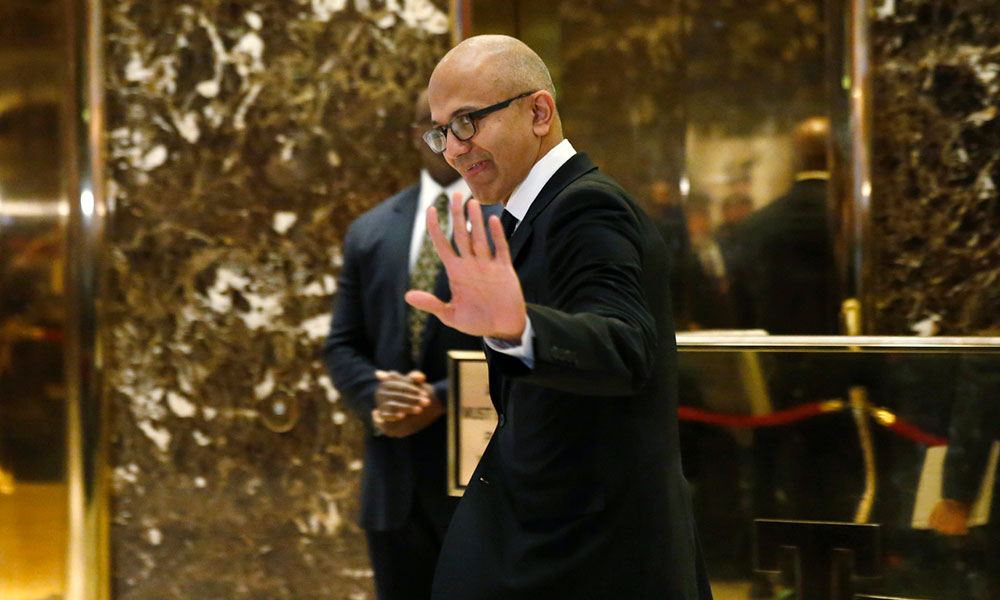
Tech Industry Grapples With Potential of H-1B Visa Reform
Silicon Valley has seen much growth from the rise of high-skilled immigration in the sector, but with observers concerned that it’s coming at the cost of American jobs, it’s facing efforts at reform from both the president and in Congress.
A lot is happening on the immigration front at the moment, as a cursory check of the news will tell you—but it’s by no means limited to President Trump’s recent immigration ban.
In the technology sector in particular, companies are deeply concerned by efforts that are likely to shift how the federal government handles H-1B guest worker visas, which are traditionally associated with highly skilled workers immigrating from other parts of the world to the United States.
The Trump administration has floated an order that, according to Vox, would change a number of aspects of the current H-1B system, including the ability for spouses of high-skilled employees to receive such visas, as well as efforts to increase site visits for all businesses that rely on immigrant workers. Additionally, the proposed executive order would consider changes to the current lottery system used to determine which applicants receive visas—something that Vox suggests the impact of would be “less clear” compared to other provisions.
NBC News reports that Congress has also considered legislation targeting H-1B visas, which some labor officials and politicians have raised issues with out of concern for American workers.
“I think that’s the issue that’s gotten the most energy,” William Stock, president of the American Immigration Lawyers Association, said in comments to NBC News. “And if we’re going to see a targeted bill on H-1B, a sort of narrow bill aimed at that issue is what may have the most likelihood of passing.”
One such proposal, introduced last month by Reps. Darrell Issa (R-CA) and Scott Peters (D-CA), would only make H-1B visas available for jobs with salaries above $100,000. Another, from Rep. Zoe Lofgren (D-CA), would prioritize employers paying at least twice the prevailing wage for a job.
Over the years, Silicon Valley has greatly benefited from the H-1B program, to the point that, according to 2016 research from the National Foundation for American Policy [PDF], more than half of all “unicorns,” or startups with a value of more than $1 billion, have at least one immigrant founder among their ranks. (Additionally, some major companies have immigrants among their executive ranks, most notably Microsoft CEO Satya Nadella.)
Changes to the H-1B program that has allowed such founders to come to the United States could threaten this model.
It could prove a problem for a number of tech companies, especially Facebook, whose founder Mark Zuckerberg notably launched fwd.us, a lobbying group focused on immigration, in 2013. (The group still remains active with hopes of making “commonsense immigration reform a reality in 2017.”)
H-1B reform has some supporters in the technology space, particularly IEEE-USA, which in December recommended a move away from the lottery system to a system based on salary—with companies that pay the best getting first pick. The trade group has also called on the Trump administration to look into claims of discrimination against American workers by companies reliant on H-1B employees.
And outside the U.S., the Indian tech group NASSCOM, which claims its industry is a “net creator” of American jobs, said it was concerned about the potential impact of Lofgren’s bill in particular, saying it “may prove challenging for the Indian IT sector and will also leave loopholes that will nullify the objective of saving American jobs.”
Microsoft's current CEO, Satya Nadella, may be the the most prominent tech executive who is also an immigrant to the U.S. (Shannon Stapleton/Reuters)






Comments